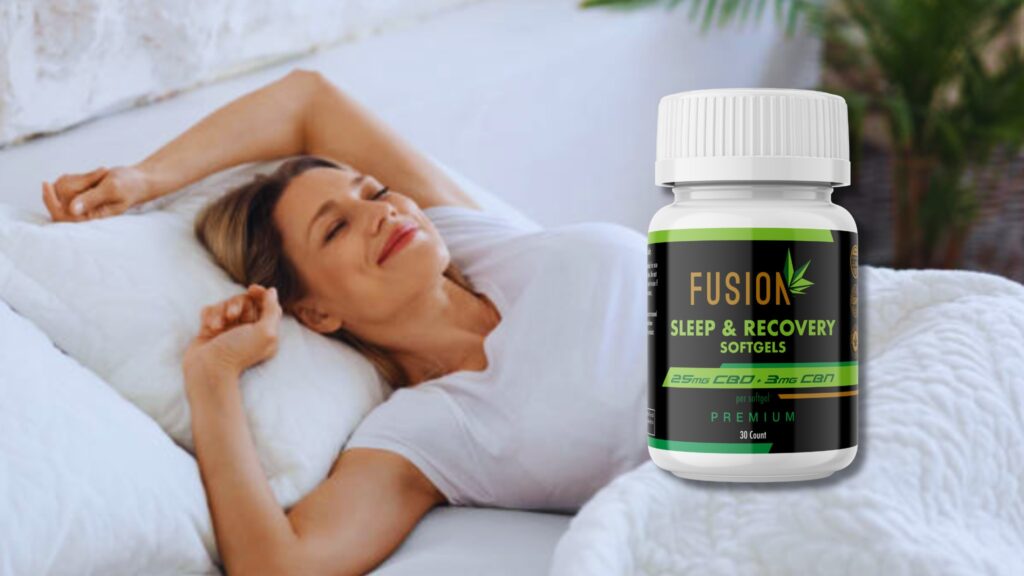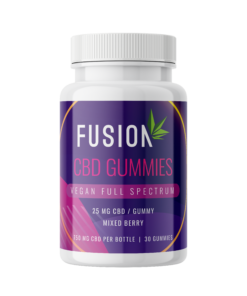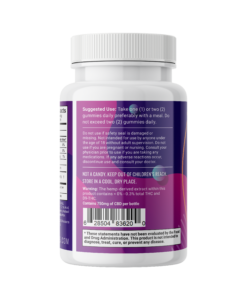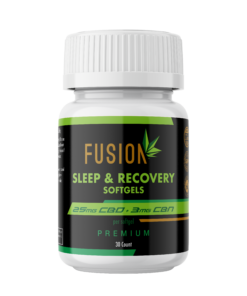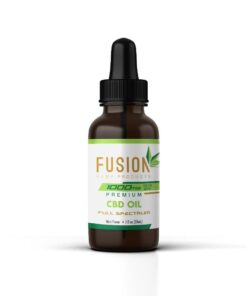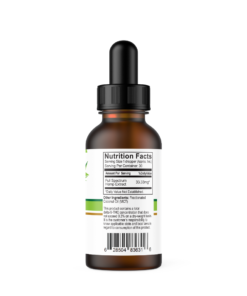Wellness
CBD For Sleep: The Natural Solution
Table of Contents
Over recent years, cannabidiol (CBD) has gained tremendous attention as a natural remedy for sleep disorders. Emerging in popularity since its legalization in the U.S. in 2018, CBD for sleep products like oils, tinctures, edibles, and capsules have flooded the market, each promising various health benefits. Among these benefits is the potential to enhance sleep quality. As millions struggle with sleep-related issues globally, it’s essential to evaluate the evidence: Can CBD genuinely facilitate better sleep? Let’s dive into the scientific insights, potential risks, and expert advice surrounding CBD’s role in addressing sleep concerns.
Understanding CBD: What Is It?
CBD is a non-psychoactive compound derived from cannabis plants, distinct from tetrahydrocannabinol (THC), which induces a “high.” CBD is celebrated for its anxiety-reducing and pain-relieving properties, contributing to its reputation as a sleep aid. However, the effectiveness of CBD in treating sleep disorders is still under investigation, with much of the current research focusing on CBD in combination with THC.
Fusion CBD Products – CBD for Sleep
"HIS & HER" for SEX
"HIS & HER" for SEX
What Does Science Say About CBD and Sleep?
CBD and Sleep Disorders: An Overview
The relationship between CBD and sleep is intricate, influenced by multiple factors. Research indicates that while CBD might mitigate sleep disturbances caused by issues like chronic pain or anxiety, its sole impact on sleep quality for individuals with insomnia without associated conditions remains unclear. Some studies suggest that CBD, particularly when paired with THC or cannabinol (CBN), could improve sleep onset and duration, though its effectiveness when used alone is still debated.
The Enigma of CBD Alone
Research on CBD’s impact on healthy individuals presents mixed results. While some evidence points to improved sleep quality, others show no substantial change for insomnia sufferers without other medical issues. These variations could stem from inconsistencies in dosing and the subjective versus objective measures of sleep quality used in studies.
How CBD Might Work for Sleep
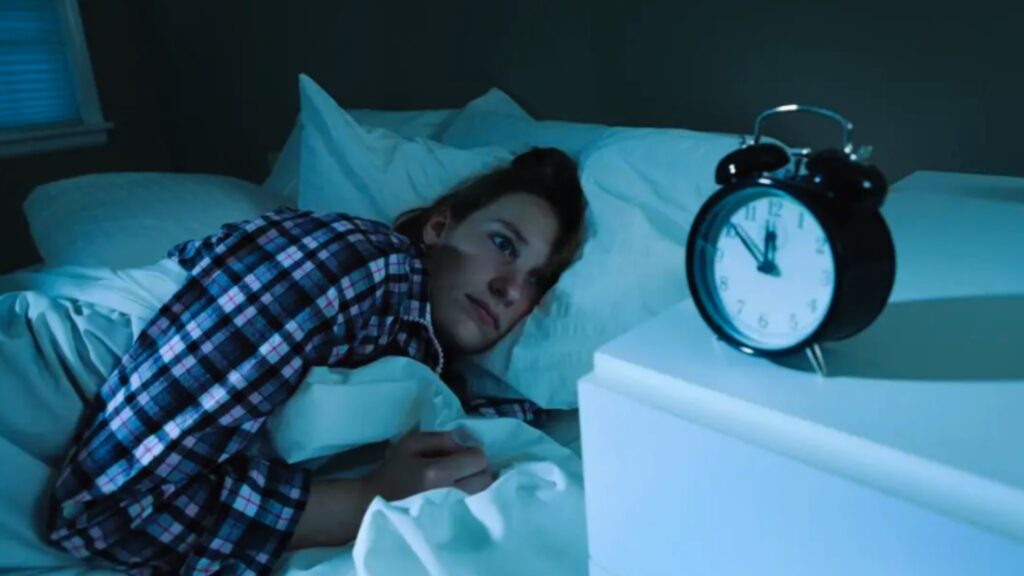
CBD interacts with the endocannabinoid system (ECS), a crucial network in the body regulating functions such as sleep, mood, and pain management. The hypothalamus, a brain area key to sleep-wake cycles, has receptors that CBD influences. This interaction suggests CBD’s potential in stabilizing sleep patterns, though comprehensive understanding still requires further research.
Right CBD Form and Dosage for Sleep
Identifying the most effective CBD product involves a degree of experimentation due to the limited existing data. General advice recommends starting with a low dose and gradually increasing it, consulting healthcare professionals to prevent any stimulating effects from low doses. Commonly used CBD forms include oils, edibles, and creams, each with specific absorption rates and durations.
What Are Common CBD Doses?
Since the FDA doesn’t manage dosing for non-drug CBD items, the amount of CBD can vary a lot in different products. Studies suggest that taking 300 mg of CBD orally each day is safe for up to six months. Another study found that consuming up to 1.5 grams daily was well-tolerated by participants. A follow-up review also showed no harmful effects with 1.5 grams per day over four weeks.
However, the CBD amount stated on product labels might not be accurate. This could cause people to accidentally take more or less than they intended. A review of 84 online CBD products found that 26% had less CBD than listed, while about 43% had much more than stated.
Important Considerations
- Smoking or Vaping: Provides rapid relief but poses possible lung risks.
- Oils and Edibles: Offer more prolonged effects with onset within 1-2 hours.
For optimal outcomes, opt for high-quality products from renowned brands and avoid products with unnecessary additives that can compromise CBD’s efficacy.
Side Effects and Safety Considerations
CBD usage can manifest side effects like diarrhea or nausea, and individuals who are pregnant or breastfeeding should avoid usage due to potential risks for infants. Engaging with healthcare providers is crucial when considering CBD for sleep enhancement.
Best CBD Product for Sleep
For those aiming to improve sleep quality, Fusion CBD Capsules for Sleep and Recovery stand out as an exceptional option. These capsules combine pure CBD with other natural ingredients that support sleep and recovery, offering a balanced approach to nighttime wellness. Apart from being easy to use, the capsules ensure controlled dosing, maximizing the chances of achieving restful sleep without the risks associated with other forms of CBD consumption.
Why Fusion CBD Products Is the Leading Online Store
Fusion CBD Products is renowned across the USA for offering premium FDA-approved CBD products. Their commitment to quality ensures consumers receive the utmost benefits from safe, effective, and rigorously tested products. By choosing Fusion CBD Products, customers can rest assured that they are investing in reliable CBD solutions that prioritize health and well-being, making it the best choice for purchasing CBD products online.
Alternatives Strategies for Better Sleep
In addition to exploring CBD, consider integrating additional natural sleep aids:
- Sleep Hygiene: Optimize your environment and daily routine for improved sleep quality.
- Meditation: Reduces stress and promotes overall wellness.
- Cognitive Behavioral Therapy (CBT-I): A successful method for treating insomnia.
- Melatonin: Helps improve sleep, especially related to jet lag or shift work insomnia.
Conclusion: Is CBD the Solution to Your Sleep Woes?
CBD holds potential in sleep enhancement but requires further research to establish its effectiveness for those without underlying health issues. Collaborating with healthcare professionals can offer guidance on safely incorporating CBD into a comprehensive sleep improvement strategy.
Frequently Asked Questions
Can CBD Help Improve Sleep Quality?
Yes, CBD has the potential to improve sleep quality, although its effectiveness can vary based on individual factors and underlying health conditions. CBD is known for its anxiolytic (anxiety-reducing) and pain-relieving properties, which can help address some of the underlying issues that disrupt sleep. Studies suggest that CBD may assist with falling asleep and staying asleep by interacting with the body’s endocannabinoid system, which plays a crucial role in sleep regulation. However, it’s important to note that while some individuals report improved sleep quality, others may not experience significant benefits, as the research is still evolving.
How Does CBD Affect Sleep?
CBD affects sleep through its interaction with the endocannabinoid system, which helps regulate various physiological processes, including sleep. By influencing receptors in the brain, CBD may help reduce anxiety and alleviate pain, both of which can contribute to a better night’s sleep. Moreover, CBD may help balance sleep-wake cycles and promote relaxation, making it easier to fall asleep. Despite these promising effects, it’s essential to understand that CBD may work differently for everyone, and its benefits can be more pronounced in individuals with specific underlying issues contributing to poor sleep.
What Is the Recommended Dosage of CBD for Sleep?
The recommended dosage of CBD for sleep can vary widely depending on factors such as individual body chemistry, the form of CBD used, and the severity of sleep issues. A common starting point is 10-20 mg per day, taken an hour before bed. From there, the dosage can be gradually increased until the desired effect is achieved. It is crucial to start with a low dose and consult with a healthcare professional to tailor the dosage to your specific needs, especially since high doses could have stimulating effects on some individuals.
Are There Any Side Effects of Using CBD for Sleep?
Yes, while CBD is generally well-tolerated, it can cause side effects in some individuals. These can include dry mouth, diarrhea, reduced appetite, drowsiness, and fatigue. Additionally, CBD may interact with other medications you are taking, so it’s important to consult with a healthcare provider before starting CBD, especially if you are on medication. Monitoring how your body reacts to CBD will also help in adjusting the dose to minimize side effects.
Is CBD Safe to Use for Sleep?
CBD is generally considered safe for use, including for sleep, but it’s crucial to use it responsibly. The World Health Organization has noted that CBD exhibits no effects indicative of any abuse or dependence potential. However, given potential interactions with medications and the variability in dose effectiveness, consulting a healthcare professional before starting any CBD regimen is advisable. Additionally, ensuring that you purchase high-quality CBD products from reputable suppliers is key to avoiding products contaminated with substances that could negatively impact health.

